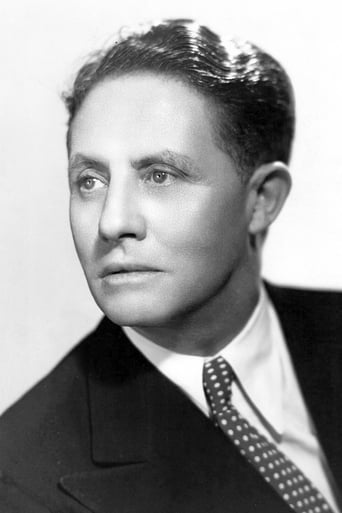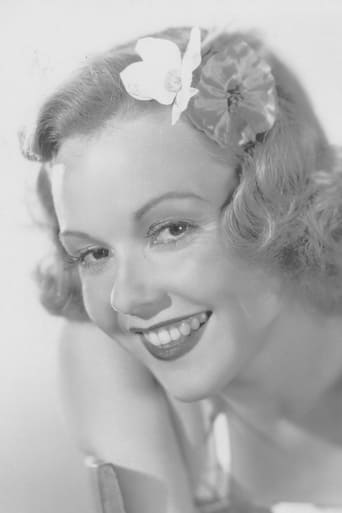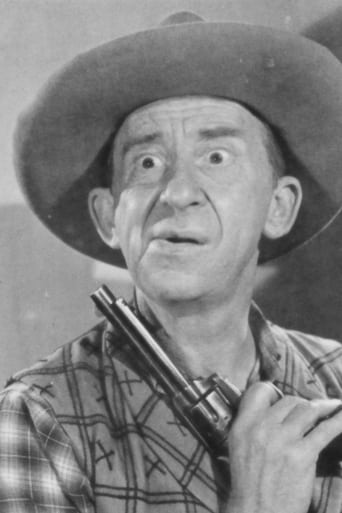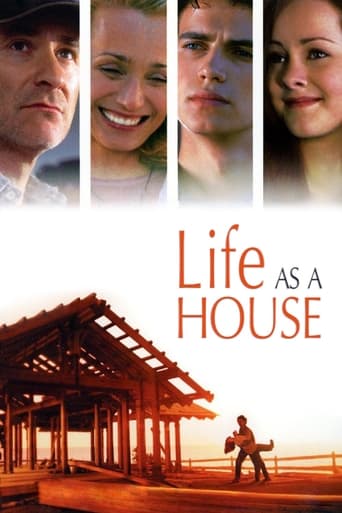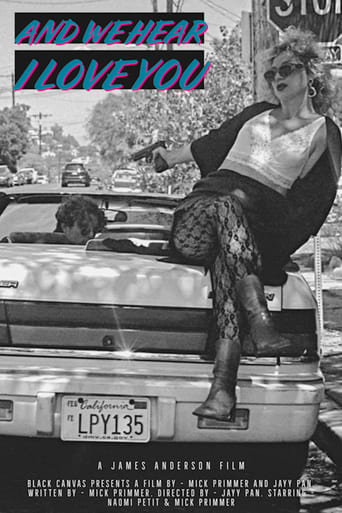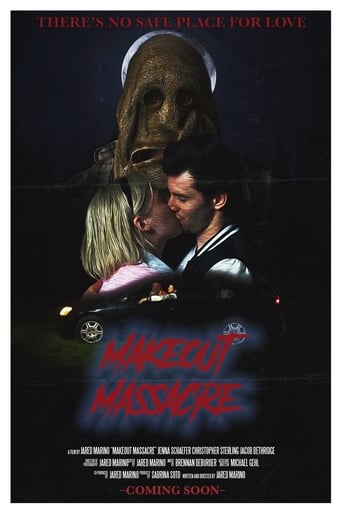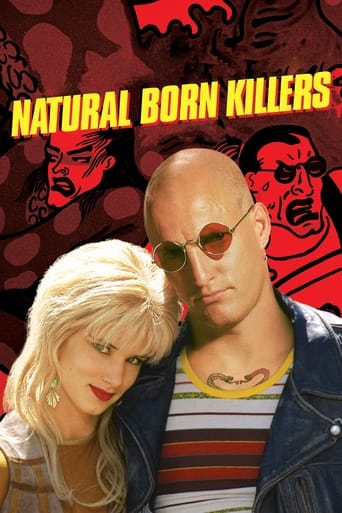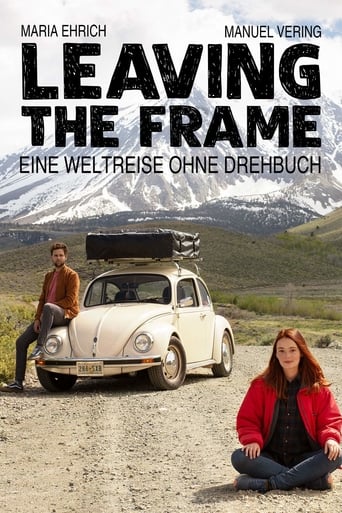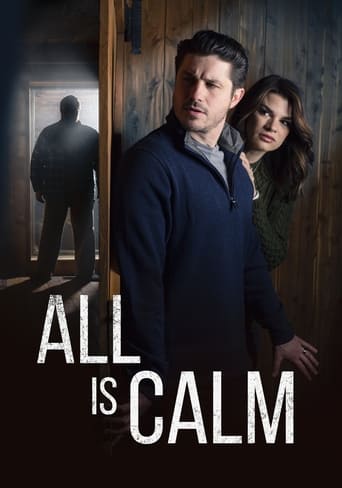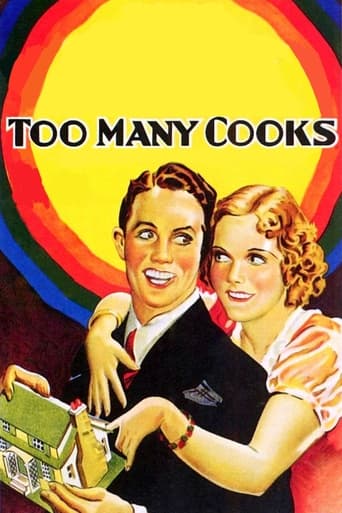
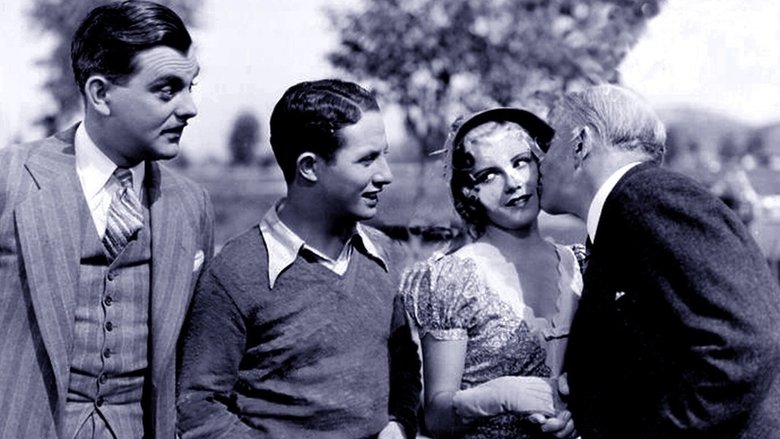
Too Many Cooks (1931)
A young couple, soon to wed, begin building their dreamhouse, but their interfering relatives cause no end of trouble. Comedy.
Watch Trailer
Cast


Similar titles
Reviews
So much average
How sad is this?
Best movie ever!
This is a coming of age storyline that you've seen in one form or another for decades. It takes a truly unique voice to make yet another one worth watching.
While Bert Wheeler was a likable fellow, today his type would be like Jon Cryer, sidekick to the sexy star. But back in the day, he was the romantic lead, lightly funny, and sort of secondary to funny man Robert Woolsey. Their decade long teaming spanned Broadway and movies towards the end of the 1930's, but Woolsey's death ended Wheeler's stint as leading romantic interest (usually opposite the perky Dorothy Lee) and returned him to the stage. Here, he's minus Woolsey, and while all is well in pre- code cinema, the laughs are less, and the absence is quite noticeable.Today, the plot is the stuff that sitcoms are made of, so the freshness is gone, but back during the early talkie days, it must have been a real riot for depression era audiences. Wheeler's building his love nest for sweet Ms. Lee out in the country, and the invasion of each of their best friends and members of their families turns their plans upside down. Interferences in their marriage and his business plans creates disharmony. Every archetype of the pain in the butt relative is present, but while some of them are quite obnoxious, it's in a very funny way, where as today, they would just be all wretched as opposed to endearing.The stuttering Roscoe Ates is very finny as the flustered country taxi driver, complete with horse and buggy and going back and forth from the train station to pick up Lee's litter. Wheeler's sole relative, a hanger-on uncle, is no better. This shows life when it was simpler, but reminds us that family is something that makes you pray for your 18th birthday to move on from.
Arriving in the country, New York businessman Bert Wheeler (as Albert "Al" Bennett) and his pretty fiancée Dorothy Lee (as Alice Cook) are driven, by stuttering coach driver Roscoe Ates (as Wilson), to the lot where Mr. Wheeler plans to build their "dream house." On another visit, to see the foundation, Wheeler and Ms. Lee disagree on a small room. He wants a den, but she favors a sewing room. Wheeler wonders, "A whole room just to sew in?" After an endless arrival of Lee's relatives, the suggestions get out of hand...Wheeler's uncle and boss Robert McWade (as George) decides he wants to live with the couple, who may not be getting married after all...Bert Wheeler and Robert Woolsey were very popular when they split up to make separate feature films in mid-1931. Something was missing and the duo re-teamed to enjoy even greater box-office popularity. "Too Many Cooks" is an update of Frank Craven's 1914 stage production. This version seems too ordinary and predictable, although the dialogue and look are modern enough. One strength is having the house become more of a "character" in the comedy; alas, filmmakers don't get enough mileage out of this opportunity.**** Too Many Cooks (7/18/31) William Seiter ~ Bert Wheeler, Dorothy Lee, Robert McWade, Roscoe Ates
Well, suppose that we make a few allowances for this Comedy which begs for "constructive" criticism as an Error of Comedies rather than a Comedy of Errors....After all, it's 1931, about three years after the invention of Sound, during this fledgling Talkie period. This film is adapted from a Frank Craven play, which probably means that it doesn't translate to a wide variety of film sets, and it hasn't many.Bert Wheeler already proves himself a box office draw by now, and here he's surrounded by a large cast of supporting players. William A. Seiter has been directing since 1915, with a long string of Silents, and he greatly improves after this, with the founding of RKO-Radio Pictures and all.The references to Geography seem off-kilter, however, with the train depot at the Hudson Valley location 68 1/3 miles north of NYC, which would place it near the City of Kingston, but this is set in an isolated rural area, and Albert "Al" Bennett (Bert Wheeler) figures that he'll spend about five hours each work day commuting to and fro NYC. But his Uncle George Bennett (Robert McWade) lives in Buffalo, NY, about 300 miles from NYC, and manages the commute to his bank on a regular basis.Alice Cook (Dorothy Lee) doesn't seem to mind one bit the notion of living in isolation from her family and civilization once her and fiancé Albert's dream house is built in this rural local, and they may then marry. But, oh, that is right, he hasn't met her family yet, nor she his.This notion seems somewhat far-fetched, that their respective relatives assemble for the first time at this remote building location and then create problems for the couple right and left--which would probably be expected of them, but why haven't they met before the engagement?But first, each of their best friends arrive on the scene, to meet for the first time, and to take an instant disliking to each other, as Alice's long lasting friendship with Ella Mayer (Sharon Lynn), and Albert's closest friendship with Frank Andrews (Hallam Cooley) creates a strain on the happy couple, considering Ella and Frank's confrontations over their conflicting advice.Mr. Max Simpson, the Construction Worker Foreman, (Erville Alderson) complies with Alice and Albert's self-designed blueprints, which are repeated as constantly as Mr. Wilson (Roscoe Ates) stutters for taxi fare payments from Albert to haul Alice's many relatives from the depot. Let's hope that the stuttering isn't intended as a comic element, but there's little else in the screen-story to indicate a semblance of humor.Mrs. Cook (Florence Roberts) and Mr. Michael J. Cook (Clifford Dempsey) side with daughter Alice against Albert at every turn especially after Uncle George recommends Minnie Spring (Ruth Weston), the well-educated-in-the-social-graces daughter of an ambassador friend of his, as a potential spouse for his nephew. Mr. Cook also happens to serve as a Labor leader, who suddenly decides that the construction workers strike once the cards are stacked against Albert.Now, whether or not "Too Many Cooks" may be considered a prototype for the "Blondie" series to appear several years down the road may be debatable, as Bert Wheeler handles his character in bumbling Dagwood fashion, acting responsibly, while no one around him does, and yet the burden of criticism falls upon his shoulders. Dorothy Lee plays her role sweetly and innocently, agreeing with and accommodating her fiancé's decisions, initially teaming with him as a pair of equals, but soon falling apart at the seams with indecision, unlike anything which Blondie would likely do. But in their defense, they haven't Penny Singleton and Arthur Lake to serve as examples just yet.And this does contain one rather reflective scene, between Robert McWade's Uncle George Bennett and Hallam Cooley's Frank Andrews, in which Frank tells George that he'll remain a confirmed bachelor, and George tells Frank that he wishes that he would have been blest with a family, but no opportunity has presented itself throughout his busy career in Financing.Still, it's Bert Wheeler's film apart from his often-screen-partner, Robert Woolsey, and with Dorothy Lee, who often teams with the duo from here on in, so fans of the three (minus Woolsey this time) may decide on a try at this to count the number of things which could go wrong which do go wrong when the handsome lovebirds decide to build their dream house. Or you may merely strive to watch every film every produced at least once and thereby count this among your "Must-sees."
This film version of Frank Craven's stage play moves at a snail's pace, does not have a funny line of dialogue, and it's few physical gags fall flat. My favorite man-child, Bert Wheeler, stars without his then partner, Robert Woolsey, in a straight role. He has no chance to shine. His usual love interest, Dorothy Lee, is his co-star. Neither Wheeler nor Lee were much in the acting department; they are musical comedy stars. The film would have been lifeless with any cast, but using Wheeler and Lee without at least one musical number is a crime. There isn't even a background score. Not a note of music is heard until the final title card. The film could have been funny if Wheeler had been permitted to play the bewildered man-child which he was famous for. It could have benefited by casting Woolsey in the part played by the bland Hallam Cooley. Wheeler was capable of working without Woolsey and he proved this after Woolsey's untimely death. However, this film started with a flimsy foundation and required much re-vamping to make it an acceptable vehicle.


